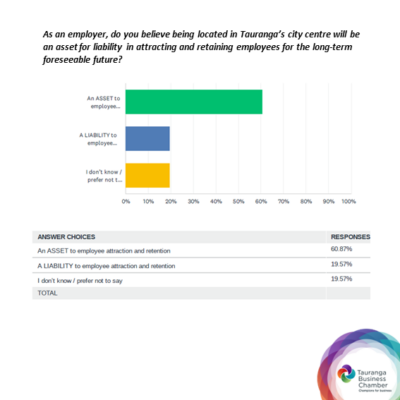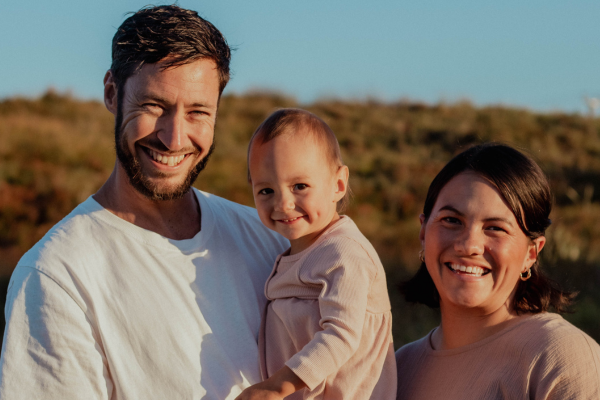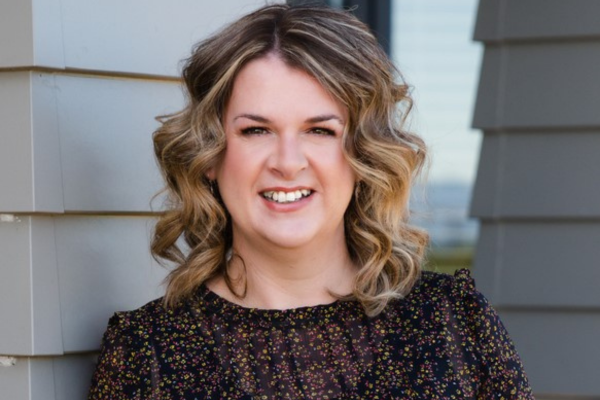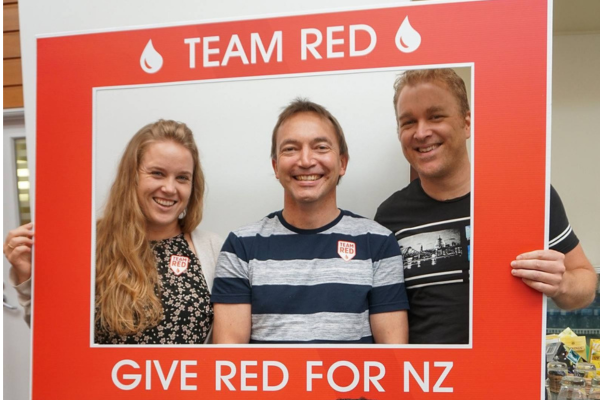The past two years have been an enormous time of stress, uncertainty and constant adaption, and there’s no denying that the cumulative effect it has on our business leaders and their teams.
Then, thrown in the thought of ‘what happens next?’ and it’s no surprise we’re all feeling a little unsettled.
We spoke to Annie Canning from Canning Life & Business Coaching to better understand anxiety and how to manage it.
“If you are depressed, you are living in the past. If you are anxious, you are living in the future. If you are at peace, you are living in the present.” Lao Tzu
Given that we have been navigating a global pandemic, it would be perfectly understandable if you were anxious about what the future holds.
Anxiety is a genuine and ever-present feeling for many people. There is no doubt that Covid has triggered mental health conditions and exacerbated existing ones, among a raft of other social and psychological effects. Fear, loss, and isolation are just the tip of the iceberg. Insomnia and persistent worry have led to increased dependency on drugs and alcohol. It does not take a genius to understand the subsequent socio-economic implications.
Businesses have an obligation to support the mental health needs of their people, but what are our business leaders doing to meet their own needs in this area? Organisations, big or small, are juggling the demands of absenteeism, cash flow, supply chain challenges while trying to maintain a connection with customers and employees alike.
Steering your way through all this noise, and yes, a lot of it is just that, requires our business leaders to demonstrate confidence and control. Business thrives when the communities in which they operate thrive. Communities thrive when they feel they have control over their own lives and futures and that starts for many in the workplace.
How do you, as an employer, take back your power and better manage anxiety, and stress, given the uncertain times we live in? The bottom line is that it must start with you.
Consider this: Anxiety manifests itself in feelings of persistent worry, nervousness, restlessness, or tension. Often you experience a sense of panic and view the world in terms of worst-case scenarios. You frequently feel tired, have trouble concentrating, sleeping and it may present as gastrointestinal issues. Symptoms of stress are similar.
To start to gain back control, consider these strategies:
- Apply the WIN principle when anxiety kicks in. Ask yourself, “What’s Important Now?” Within seconds your brain will slow down and create space for an answer to present. Then take action. Do this as often as you need to throughout the day. You will be calmer, more focused, and more productive.
- Challenge your inner dialogue. How you think affects how you feel. Anxiety can make you exaggerate the risk in a situation and underestimate your ability to manage it. Challenge the narrative and consider the reality of your position as opposed to your perception of it.
- Connect with your body. When you are anxious or stressed, your breathing becomes shallower and faster. Slow your breathing by taking a breath and counting to four, hold for four, release for four, pause for four before repeating. Do this as many times as you need to regain control.
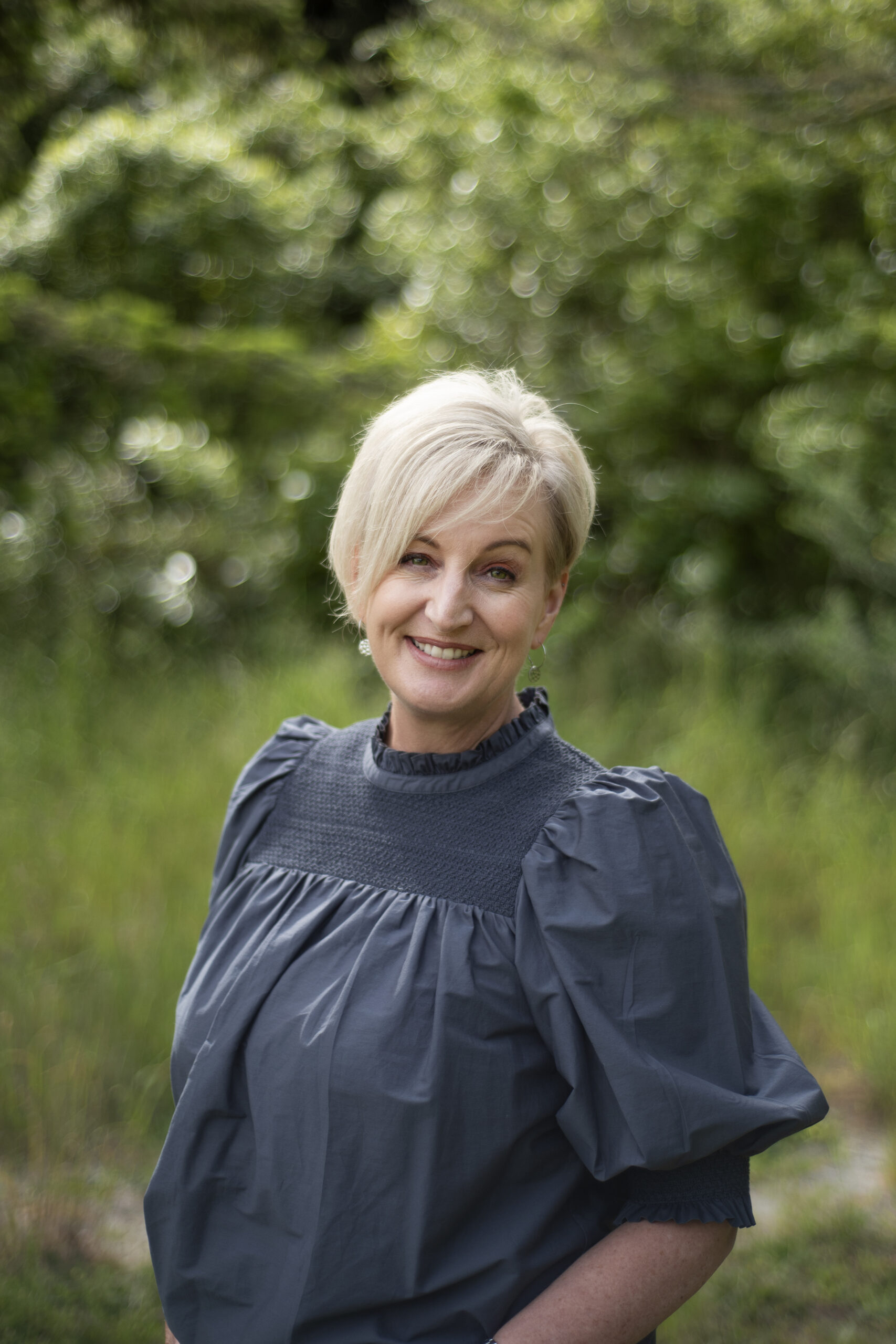
- Keep active and get out in nature. Stress increases the body’s toxic load, and movement supports the body’s detoxification process. Time in green spaces significantly reduces cortisol and boosts endorphin levels and dopamine production. Walk for 30 minutes a day, and it will make all the difference.
- A problem shared is a problem halved, so the expression goes. Talk to someone you trust; there is nothing like a download to help you gain perspective and clarity. Smart people actively seek support.
- Detach from the outcome. Make a decision and don’t waste time contemplating what could go wrong or creating a story. Shift your focus back to what is within your control.
Lastly, it’s okay to be anxious; it is the brain’s way of keeping you safe. In saying that, remember that you are not your anxiety. By adopting these strategies, you take back control.
Want more top tips, advice and insights? Check out our news section.








































